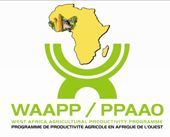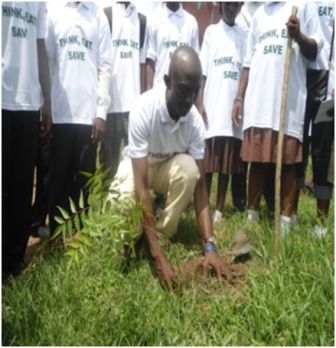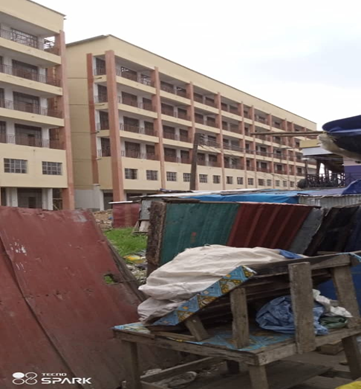WAAPP: action plans for effective consideration of environmental and social safeguards
Freetown, April 24, 2013. After two days of discussions on the status of implementation of the West Africa Agricultural Productivity Program (WAAPP) in the 13 countries that have led to the proposal of solutions to facilitate the achievement of the program at regional and national levels, participants reviewed the issues of environmental and social safeguards, on April 24, 2013.
Before the effectiveness of WAAPP in all countries, social and environmental studies have been conducted to get a baseline on these issues. During the implementation of the program WAAPP coordinators, Heads of national centers of specialization and their partners discussed the consideration of these issues in countries, two years after the training of environmental and social focal points .
Given the importance of the inclusion of environmental and social issues and gender in the implementation of development projects, all speakers at the opening ceremony of the meeting urged the participants fruitful exchanges for concrete solutions.
The Executive Director of CORAF/WECARD, Dr. Harold ROY-MACAULEY reiterated the importance of environmental issues, social and gender. These issues are increasingly key criteria for a successful implementation of agricultural development projects. He invited each delegation to make a thorough analysis of the situation and put in place an effective mechanism for taking into account efficiently and effectively these issues in the implementation of all projects, especially those under WAAPP.
Mrs. Jatou Jallow, Chief Executive of the Environmental Protection Agency in Sierra Leone instructed the participants on the benefits of the environment and invited them to effectively implement national and regional strategies and plans to protect the flora, fauna and resources that contribute to the well-being of all.
In his opening remarks, the Minister of Social Welfare, Gender and Children’s Affairs in Sierra Leone, Mr. Moijue Kai Kai, invited experts on agriculture to put at the center of their activities the issues on the environmental protection and gender as people who live mainly on agriculture are in rural areas and three quarters of them consist of women and children.
During a whole day, the participants were informed about the rules of the World Bank on issues related to environmental and social safeguards by Cheikh Sagna, expert on these issues at the World Bank. The results of the study on the situation and the level of integration of environmental and social safeguards were presented. It appears from this study that in most of ECOWAS countries, the rules governing these issues are not well known and therefore not applied. Institutional issues are often an obstacle to the implementation of environmental and social issues.
Participants suggested ways to address institutional problems at the country level, a strategy to enhance the dissemination of international, regional and national rules on the protection of the environment, capacity building experts for monitoring the implementation and taking into account the rules in the development and implementation of projects. Each country has developed an action plan for effective integration of environmental and social issues in the field.
The day of April 25 will be devoted to gender issues.
Stay with Sierra Express Media, for your trusted place in news!
© 2013, https:. All rights reserved.






